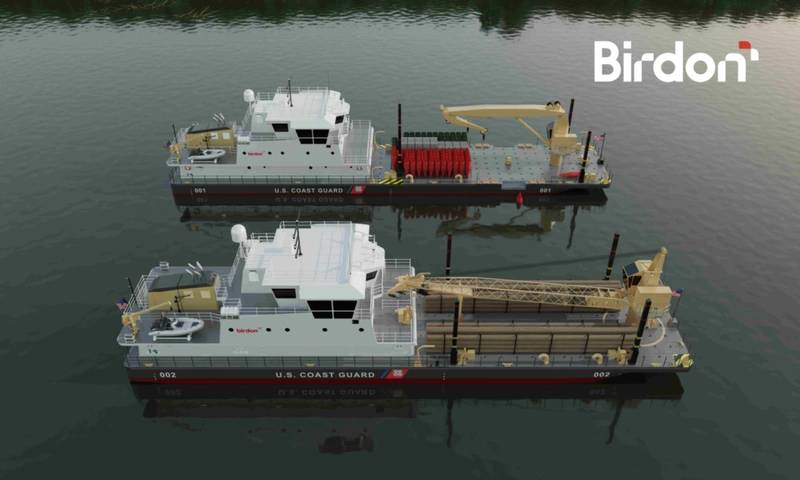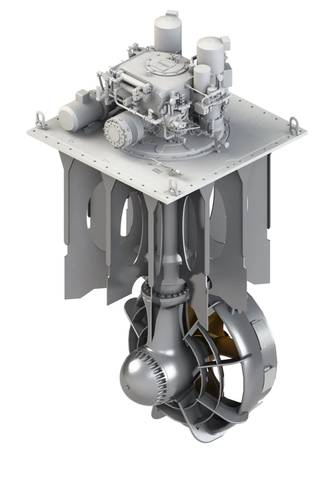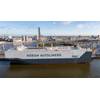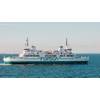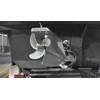Schottel Bags Components Order for 27 US Coast Guard Vessels
Schottel has been selected by Birdon America to supply components to 27 vessels of the U.S. Coast Guard Waterways Commerce Cutter (WCC) program.
For this program, U.S. Coast Guard prime contractor Birdon America is designing the cutters and is expected to construct 16 River Buoy Tenders (WLR) and 11 Inland Construction Tenders (WLIC).
The cutters will be built at Birdon’s recently acquired Bayou La Batre shipyard in Alabama. Up to four cutters are expected to be delivered annually over the course of the next eight years, gradually replacing the aging vessels.
Schottel will provide rudder propellers SRPs, each with an input power of 597 kilowatts (800 horsepower) and a propeller diameter of 1.3 metres.
The thrusters are fitted with Schottel's SDC40 nozzle, which combines compact design and high propulsion efficiency.
Schottel DuroVario-S slipping clutches will allow for smooth startups and overall improved handling of the thrusters for precise manoeuvring and will reduce the environmental impact during berthing operations.
Enabling the WCCs to operate in both deep and shallow waters, the SRPs will allow the vessel to achieve a free-running speed of 11 knots or more.
The propulsion system of the WCCs will be equipped with Schottel LeaCon, a sealing system certified by DNV, which offers protection against the contamination of river and seawater by operating materials and vice versa.
WCCs are essential to maintain and protect the United States’ inland waterways transportation system.
Approximately 630 million tons of cargo move through these waterways annually. The current inland tender fleet has an average age of more than 57 years and is approaching obsolescence. The new vessels will feature improved habitability and will accommodate mixed-gender crews.
The first of the new WCCs is planned to be operational by 2027.




